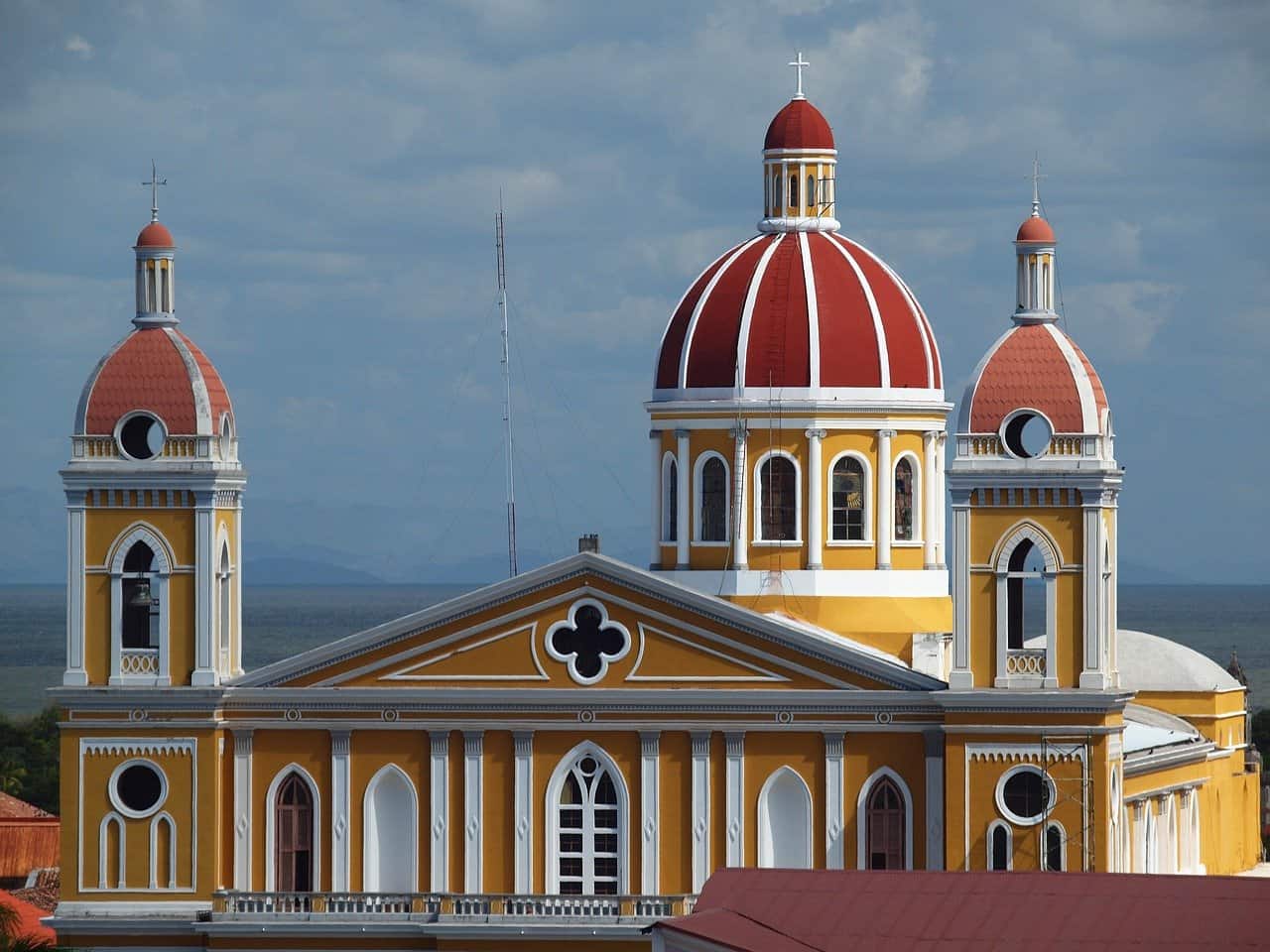The Church of Nicaragua trusts that dialogue will help solve the country’s problems as it has done in the past, Cardinal Leopoldo Brenes assured on Friday, after Pope Francis harshly criticized the government of Daniel Ortega.
“I think it is very difficult to say when the dialogue begins, when it ends. I always think that dialogue and the work we have to do is like that little drop of water: the drop of water, I always say, does not break the stone by force, but by constancy,” said Cardinal Brenes, archbishop of Managua.
“We in Nicaragua have had very difficult situations in the 1980s and no one thought we could solve it,” he said after the celebration of the Stations of the Cross on the grounds of the Cathedral of Managua.
In the 1980s, dialogue helped end the armed conflict that pitted the then leftist Sandinista Front government against the right-wing “contra” rebels sponsored by the United States.
The Nicaraguan cardinal’s statements come on the same day that Pope Francis lashed out harshly in an interview to an Argentine digital media against the government in Nicaragua headed by Sandinista President Ortega, which he described as a “rude dictatorship”.
“He expressed the feelings of pain, of sadness that may occur in situations that may arise in the countries, but he is always the messenger of peace, the messenger of reconciliation”, he added.
“And above all, as he told us last time, we must continue to dialogue. He says that dialogue must never be interrupted because only through dialogue can problems be solved,” he said.
The cardinal added that the Church asked the government to close Caritas, a social aid organization, because it has not been receiving external support for six months. He added that he did not have details about the closing of two universities linked to the clergy, which the government decided this week.
Ortega’s government promotes a series of actions against opponents whom it accuses of attempting a coup d’état in 2018, when a social and political crisis occurred with massive demonstrations and clashes between opponents of the ruler and pro-government supporters that left dozens of victims and hundreds of detainees.
Since 2021, the government promoted the tightening of laws to punish external financing of opponents and arrested more than 200 political, business and religious leaders, among them the bishop of Matagalpa, Rolando Alvarez.
In February, the government released 220 opponents from prison and expelled them to the United States, stripping them of their nationality. The bishop refused to travel in the group of released prisoners and a court sentenced him to 26 years in prison for undermining national integrity and other charges.






